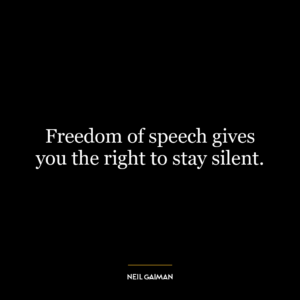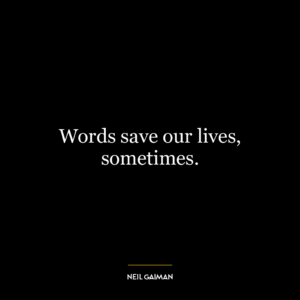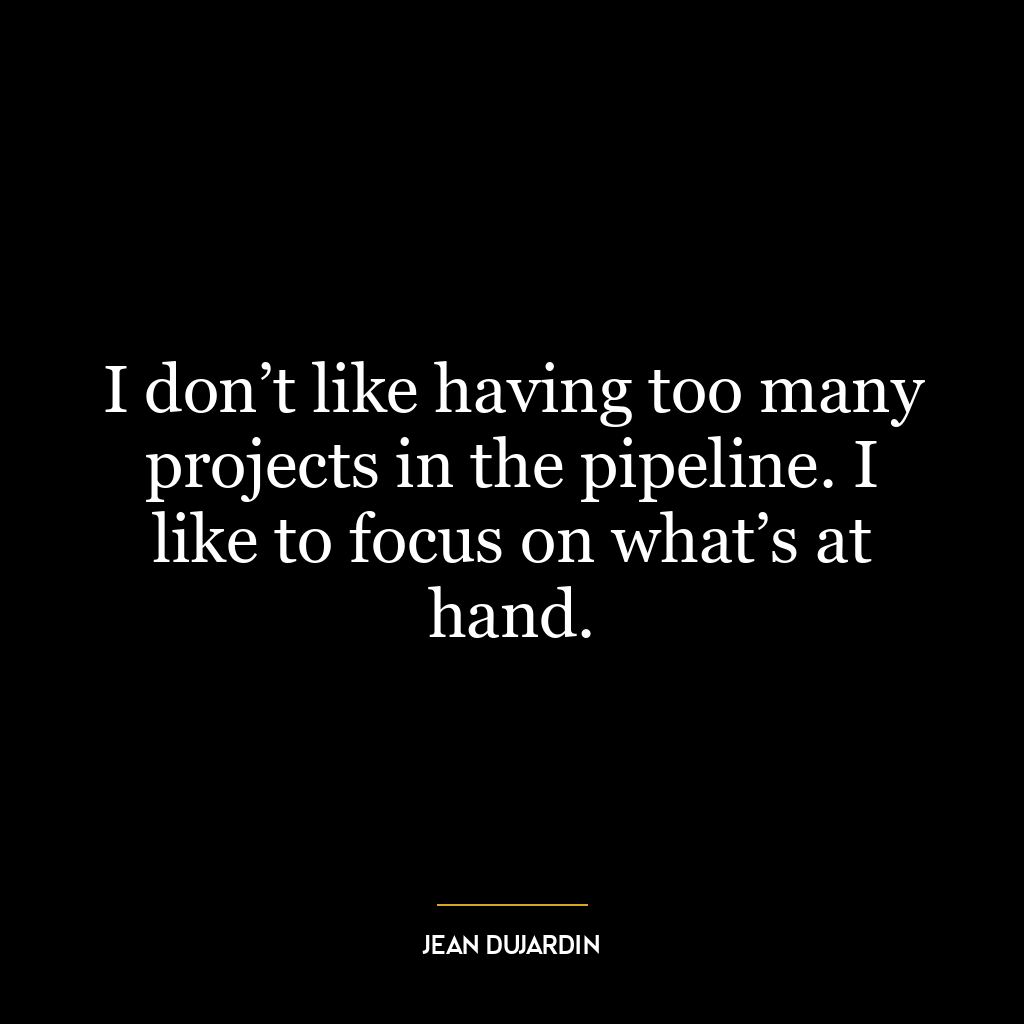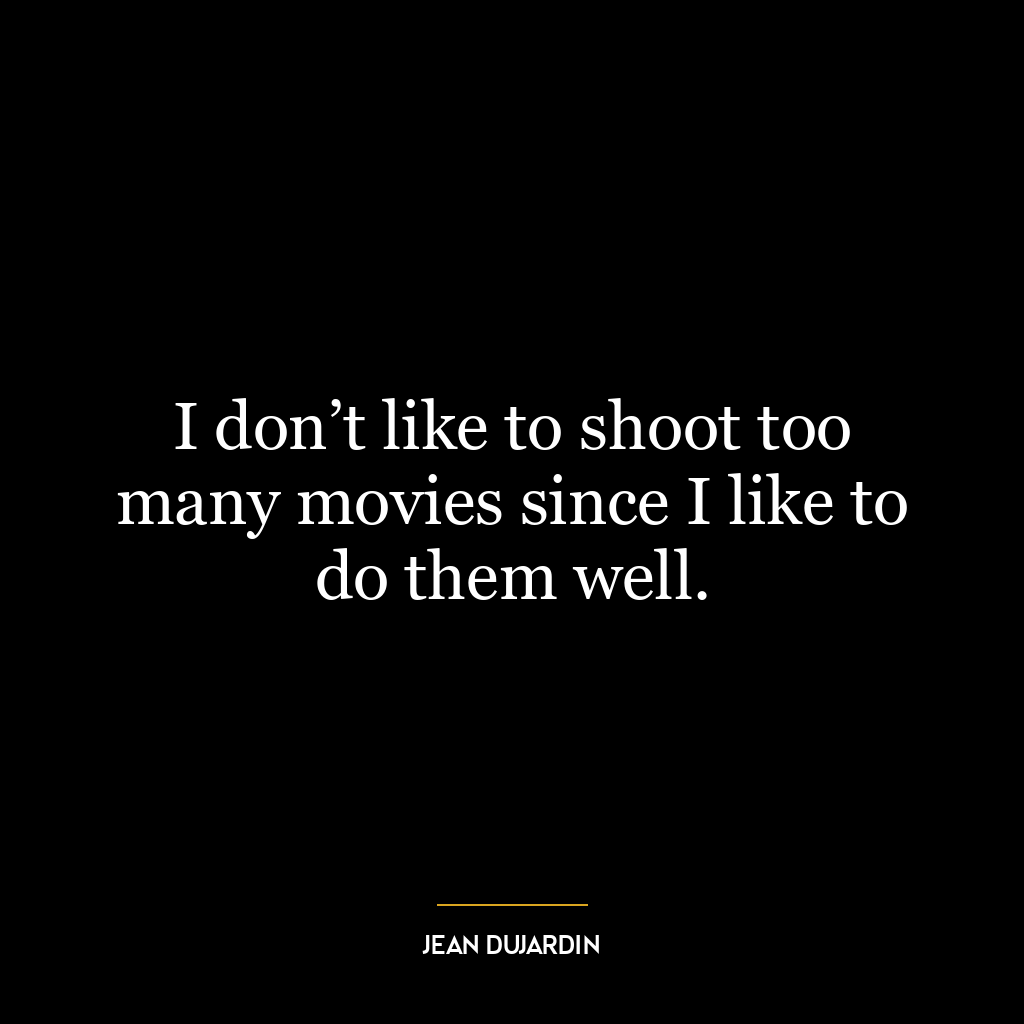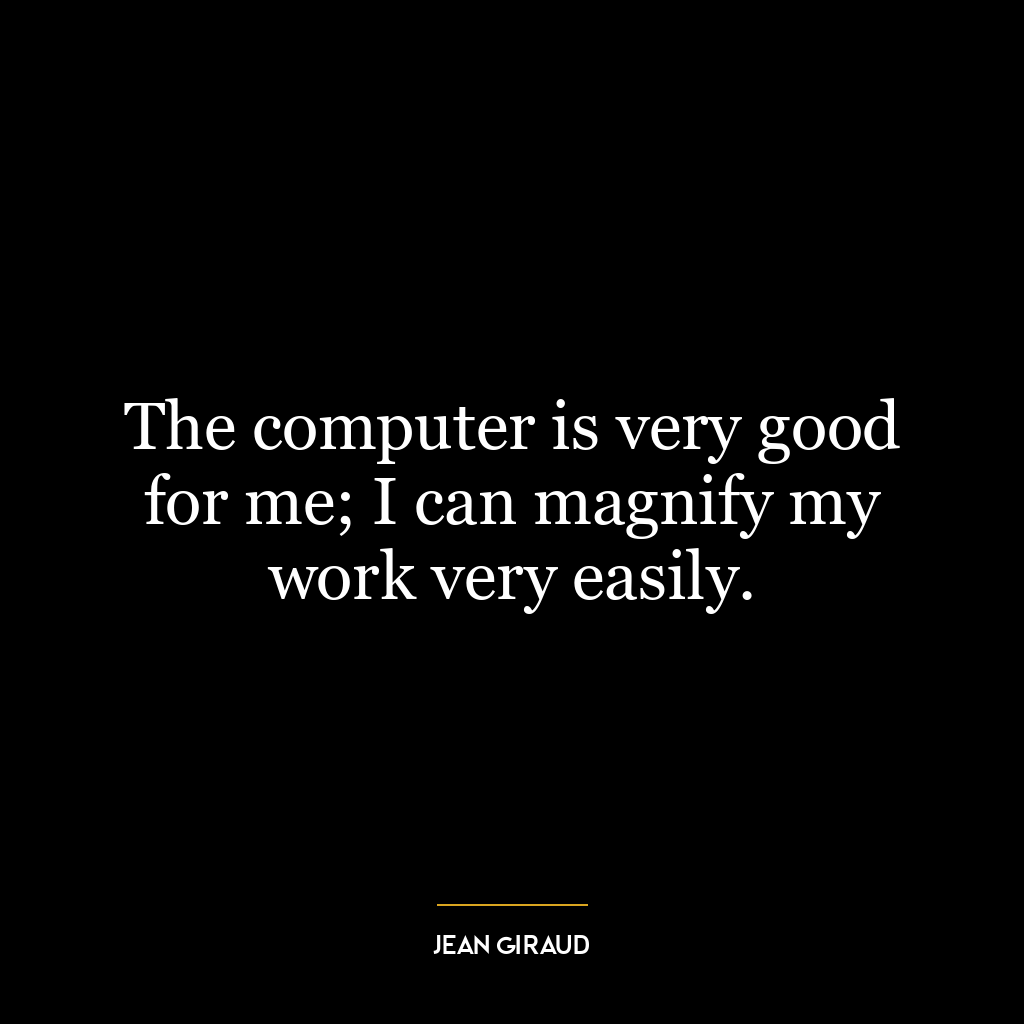This quote emphasizes the idea that one does not need to push something to its breaking point to determine its worth or correctness. It suggests that there are other ways of validating quality or correctness that don’t involve destructive testing or extreme measures.
In the context of personal development, this quote encourages us to trust in our abilities and the work we’ve done without needing to constantly push ourselves to the brink of mental, emotional, or physical exhaustion to prove our worth. It highlights the importance of balance and self-care, and discourages the culture of overworking and burnout.
Moreover, in the context of today’s world, this idea could be applied to various fields such as technology, business, and education. For instance, in technology, instead of constantly pushing a system to its limit to see if it works, developers could use efficient testing methods to ensure functionality and quality. In business, instead of overworking employees to see if they can handle the pressure, managers could create a balanced work environment that encourages productivity without causing burnout. In education, instead of overloading students with work to test their knowledge, educators could use more holistic and balanced assessment methods.
In essence, the quote suggests that pushing things to their limit is not always the best or only way to test their worth or correctness. It encourages us to find more balanced, less destructive ways of assessing quality or correctness in various aspects of our lives.



